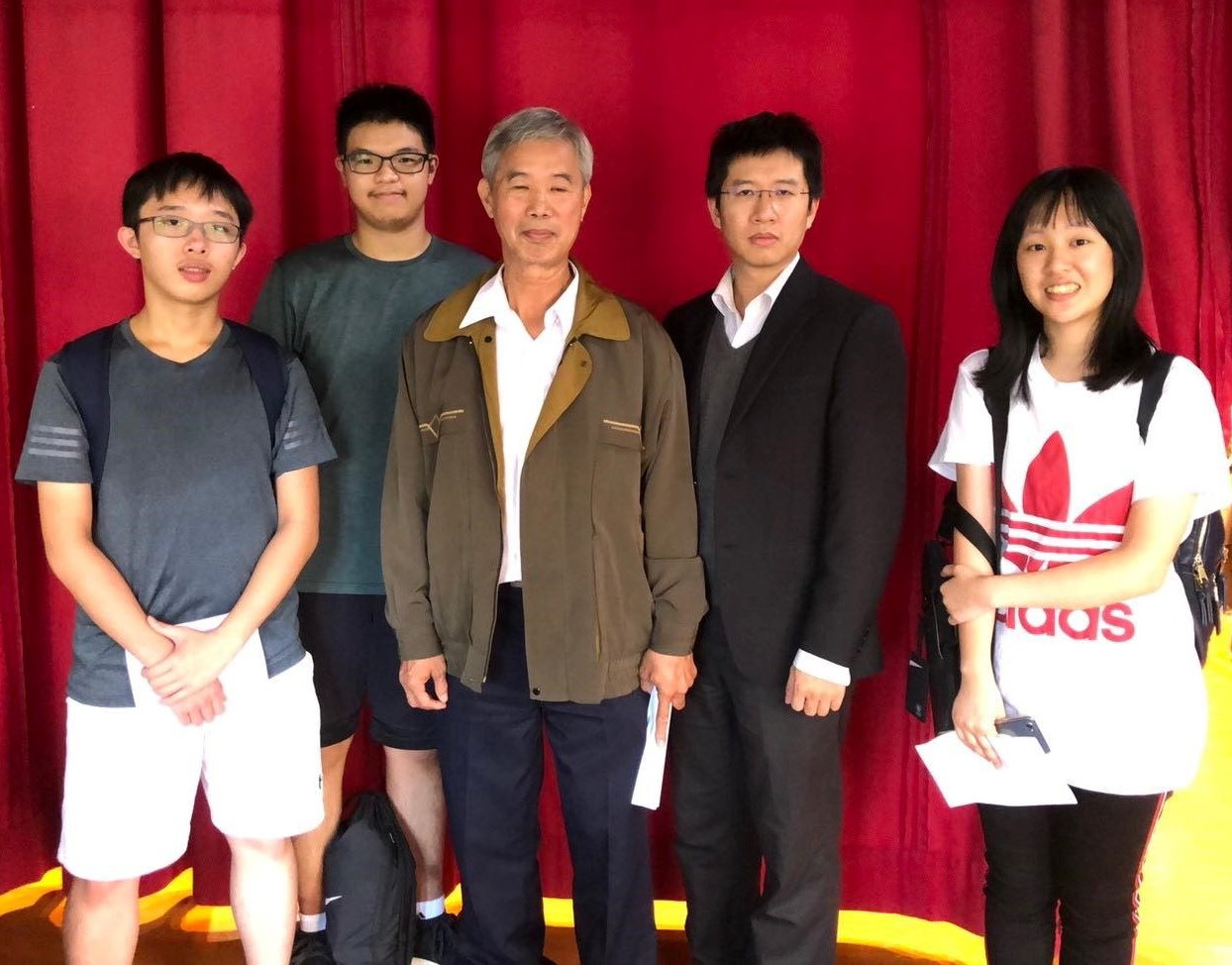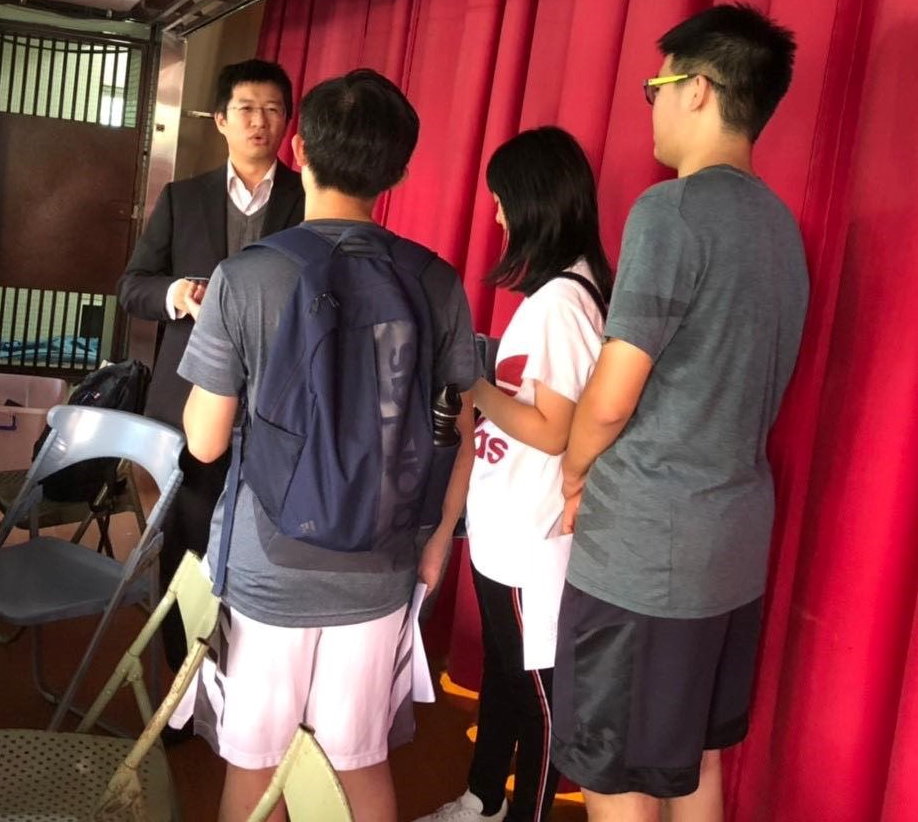Head Competition Judge -Judge Kao
|
1.What is the standard for judging martial arts competitions?
A regular judge will both add to and deduct points from a contestant, but the job of a head judge is to deduct points.
The standard varies depending on the category of judge. A "spirit judge" focuses on the artistic performance aspect of the routine and contestant’s energy, while a “traditional judge” looks at whether the contestant performs moves correctly and whether the distribution of strength is logical or not. The scoring weight of traditional judges is slightly higher. Another key point is that judges cannot view contestants as students — they must use fair standards of what is technically right or wrong. 2.Were there any competitions that were difficult to judge?
Every competition is actually hard to judge due to the eye-dazzling displays that make it challenging to take in the whole scene. What's important is to maintain a fair, unchanging scoring standard.
3.What do you do if the score you give is radically different from the other judges?
Judges are all individuals, so it's expected that they will give different scores, but they must try to maintain the same standards of scoring.
4.How are the contestants' overall ability level this year?
In recent years the ability level of contestants has steadily improved thanks to the promotion of martial arts.
5.What is the most important thing for martial arts contestants to have?
Sometimes contestants make fundamental mistakes that are in fact the fault of the coaches. In some regards the coach is even more important than the contestant, because the contestant can only improve if the coach is good. When novices are familiar enough with the basics to not receive point deductions, they should work on their offensive and defensive technique as well as their energy in order to breathe life into martial arts.
|
 |
Regular Competition Judge - Judge Huang
|
1.What is the standard for judging martial arts competitions?
The standard used depends on the routine that is executed. Routines can be divided into traditional routines and competitive routines. Today we saw mostly competitive routines, so we examine different things when we score the performances. Every judge has their own points of emphasis and preferences, but usually we will see if the routine was performed satisfactorily and correctly. Then we will judge based on the contestants’ understanding of the routine — every move in a routine is there for a reason, and some contestants will show in their execution of the routine that they understand how the moves are designed rather than just doing them. Every judge will be different because of their martial arts background — for example, judges who are proficient in northern schools of martial arts will pay more attention to the flow of the routine, while judges who are skilled in southern schools of martial arts will focus on whether the basic moves are on point or not.
2.Were there any competitions that were difficult to judge?
If the contestant is not particularly skilled or if they don’t really stand out, the score tends to become skewed towards the preferences of individual judges. But if the contestant delivers a brilliant performance then any judge would recognize that.
3.How can one become a judge?
Every judge has a significant amount of experience in martial arts, and most judges were also coaches at some point. To become a judge you must take specialized classes and pass an exam to receive a national certificate. There are different levels of certificates, and that decides what kind of judge you can be. Competitions held by different organizations have different rules — judges also have to make sure they know the rules for every competition so that they can match their scoring standard with the other judges.
4.What do you do if the score you give is radically different from the other judges?
When I started out as a judge I would feel uneasy, but after discussing it with the other judges I realized it was okay — as long as the scoring standard was maintained in a competition it was fair and square. For example, I'm picky about sword routines, so the score I give usually turns out to be a tiny bit lower than other judges.
5.How are the contestants' overall ability level this year?
We’ve seen a trend of improvement throughout the years, and students have been choosing increasingly difficult routines. For example, this year more people chose the intermediate level routine compared to last year, when most people chose the novice level routine.
6.What is the most important thing for martial arts contestants to have?
A good awareness of offense and defense is important. Understanding the origins and true meaning of every move is crucial to a good performance as well; most Taiwanese contestants who focus on competitive routines have the basics down, but lack such an understanding. Personally I think basic technique and the firmness of one’s movements are more important than the artistic performance aspect of martial arts. If it's too showy I think it strays away from true martial arts and towards gymnastics, because the meaning behind the movements are lost.
|
 |



